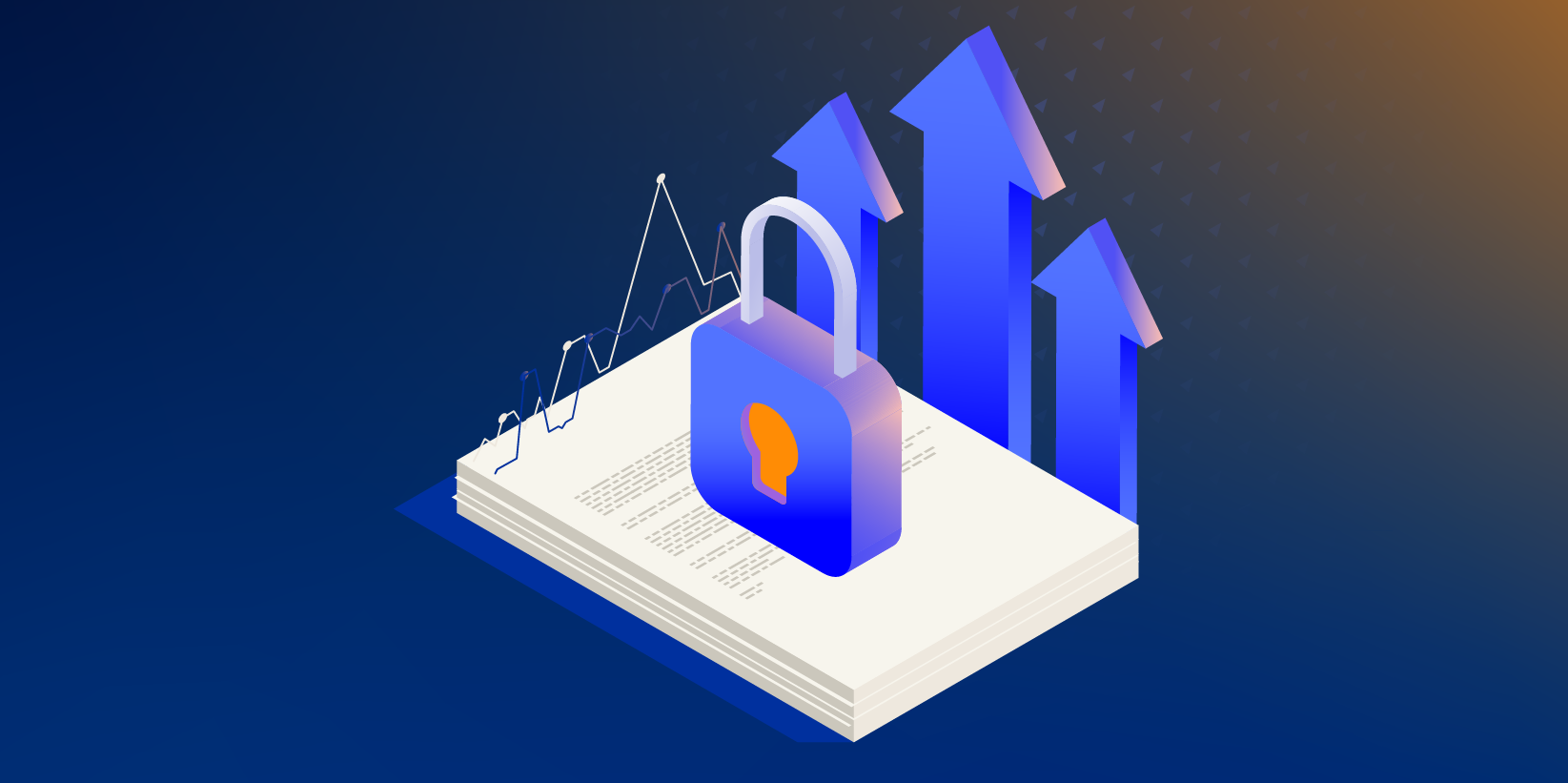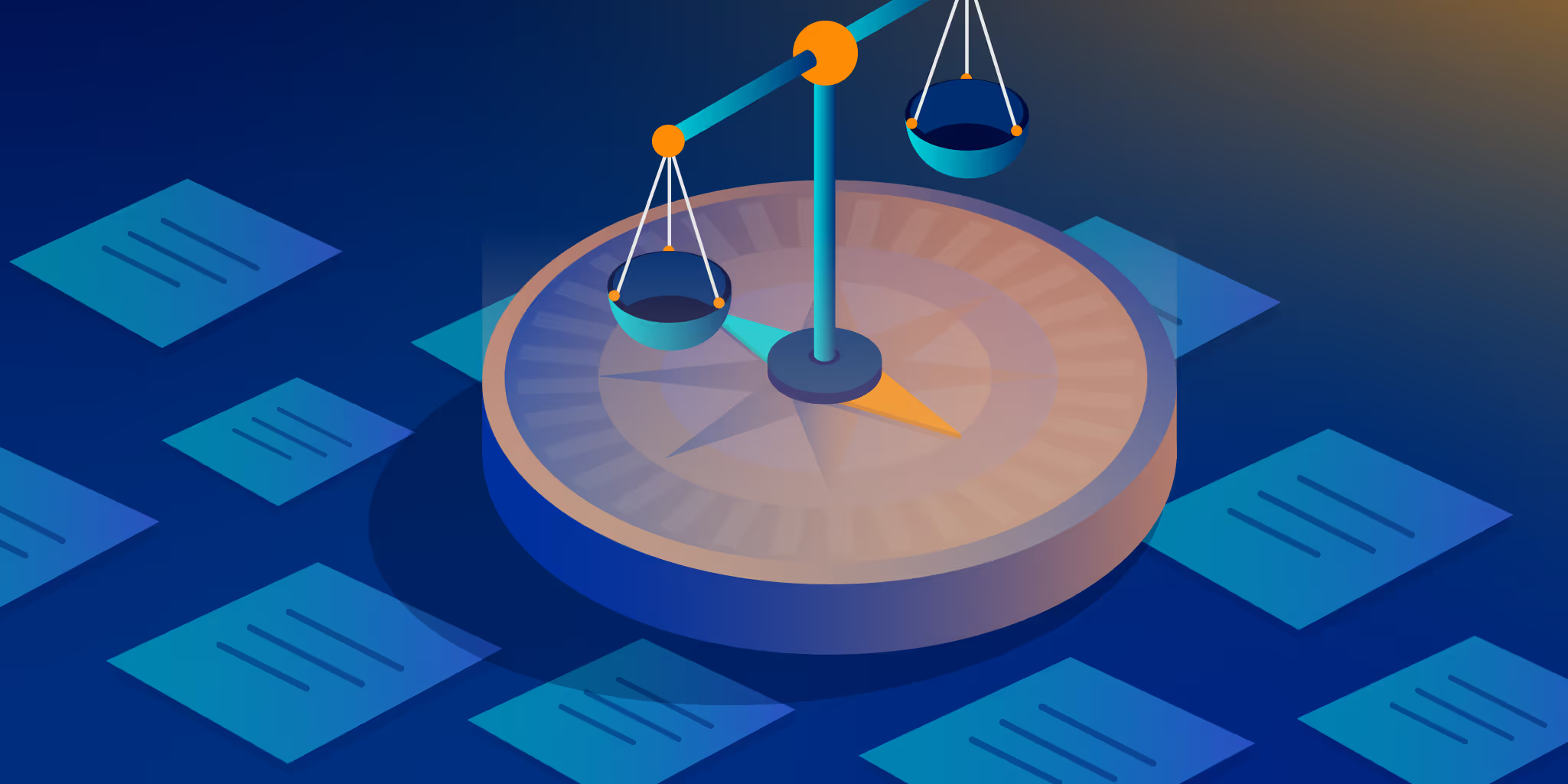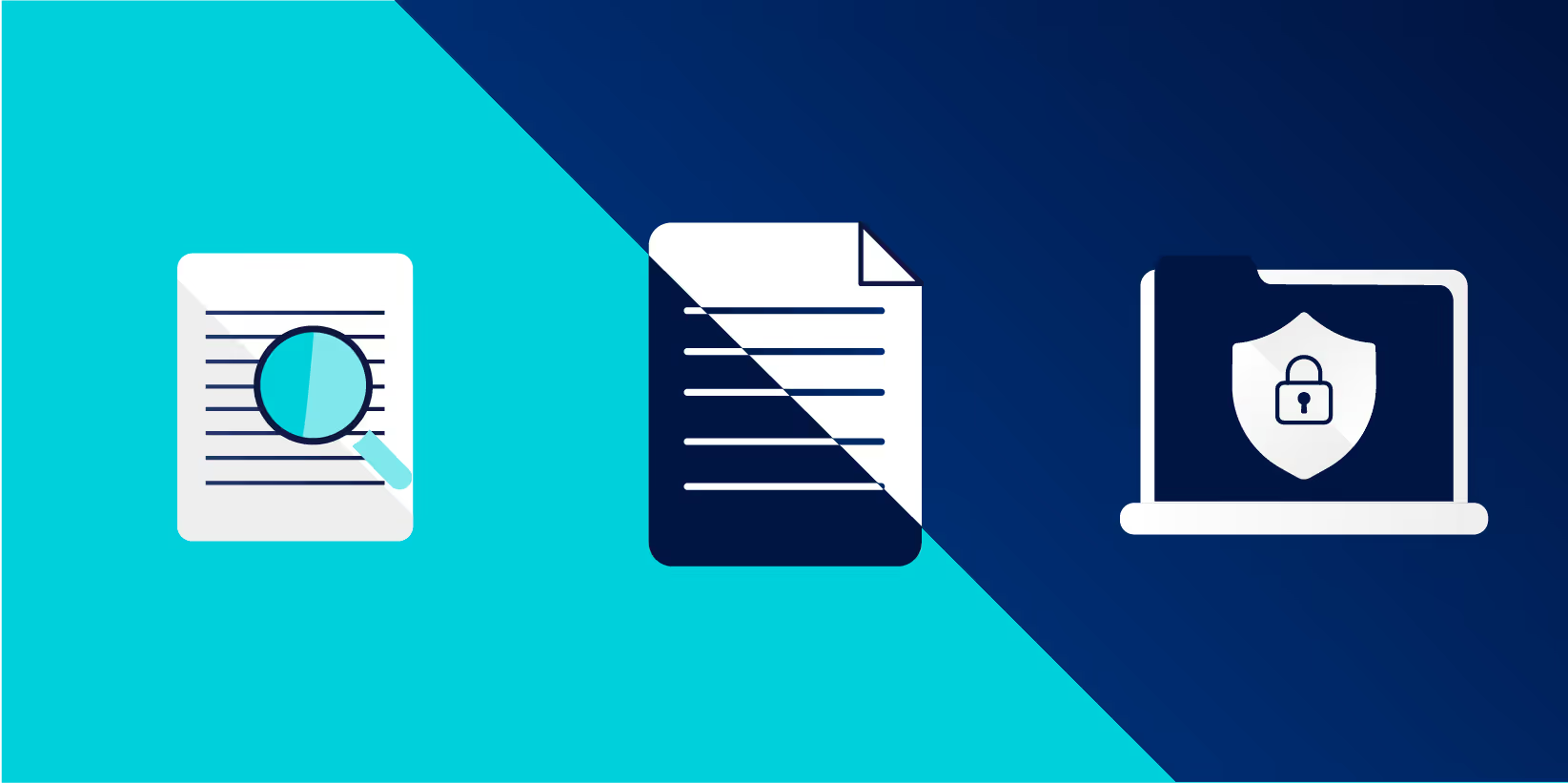The Rise of Categorical Privilege Logs with Growing Popularity and Acceptance

-min.jpg)
Stop logging one email at a time. If your matter involves huge volumes of ESI, a categorical privilege log isn’t just a clever shortcut; it’s both defensible and efficient.
For years, lawyers have been buried in the painstaking process of logging every single document individually, line by line. But as data volumes continue to rise exponentially, this old-school approach can feel less like diligence and more like punishment. That’s where categorical privilege logs come in: they streamline the process, reduce cost and error, and still meet the standards courts expect.
Although every court requires a detailed privilege log, this is why your legal team ought to consider using categorical privilege logs; they’re not merely acceptable but encouraged in certain circumstances.
As such, these kinds of privilege logs have been gaining popularity in recent years.
Federal courts have appeared to routinely authorize the use of categorical logs for various cases, particularly those that carry an abundance of documents. In these cases, a categorical log is often necessary to streamline the often-laborious privilege logging process.
Thus, there are certain situations where privilege logs do not just suffice but are the preferred log type.
This article navigates through the rising popularity, acceptance, and usage of categorical privilege logs, demonstrating how they save your time, money, and sanity.
Why Categorical Privilege Logs Are Becoming More Acceptable
The primary reason categorical privilege logs are becoming more acceptable to use by courts is due to the ever-increasing volumes of electrically stored information (ESI). In today’s digital-first world, new data is created, captured, and copied by the minute. In turn, legal teams have to contend with growing volumes of both irrelevant and relevant information. This can overburden the already lengthy privilege logging and protection process.
In fact, ESI is rapidly increasing, as global data is expected to grow to 394 zettabytes by 2028. This massive data growth essentially translates to higher volumes of ESI involved in eDiscovery—as some individual cases often in tens of terabytes of data.
Moreover, new ESI is created every day, due to the growing number of digital channels that people, especially employees, use daily. This includes email providers, social media, messaging tools like Microsoft Teams, collaboration platforms, project management tools and the Internet of Things (IoT).
Instances with high volumes of ESI pose a significant challenge to legal teams, as they complicate how they use, understand and log data. In such cases, detailed logging becomes impractical at best.
A categorical privilege log minimizes the effort required for logging, as it involves grouping documents with similar privilege grounds into categories, which in turn allows for a single entry on the privilege log instead of having individual entries for each document in a category.
Why Categorical Privilege Logs are Growing in Popularity
Aside from the increasing amounts of ESI that legal departments grapple with; there are various other reasons why such privilege logs are becoming more accepted and popular.
Efficiency: These kinds of logs foster a streamlined approach for claiming the privilege over communications; this enables the production of meaningful privilege logs without the expense and delay of creating traditional document-by-document logs. They’re efficient because grouping similar documents together eliminates hours of repetitive work, cuts down review costs, and reduces the risk of human error that creeps in when lawyers are forced to create endless line entries.
Cost-Effectiveness and Savings: These logs are known to be less expensive than their counterparts. Unlike traditional logs, categorical logs don’t incur the considerable expenses and delays of producing logs by way of individual documents. Instead of thoroughly describing each document, these logs assign a common privilege description to a group of documents based on shared characteristics. These can be subject matter or communication type.
Court Approval: Federal courts regularly authorize the use of categorical logs, especially in cases with large volumes of documents involved. In such cases, the focus should be on providing sufficient information so that the other party can evaluate and validate the claim of privilege. Courts increasingly recognize that individual document-by-document logs are unworkable in the age of millions of emails and chat messages, and they accept categorical descriptions as long as they provide enough detail to show the basis for privilege.
Compliance with Rules: The Federal Rules of Civil Procedure (FRCP) includes Rule 26(b)(5), which requires the withholding party to "describe the nature of the withheld information," which is not necessarily a request for a detailed list of each document. Although the rule doesn't explicitly mention these kinds of privilege logs, it requires parties provide enough details about withheld documents so that opposing parties can assess privilege claims; categorical logs can meet this requirement.
Situations in Which Courts Allow Categorical Privilege Logs
As aforementioned, courts allow categorical privilege logs in certain situations.
Federal Rules: The Federal Rules do not require a document-by-document privilege log if a party seeks to withhold documents based on privilege. As such, courts have acknowledged that a detailed privilege log may be unduly burdensome when voluminous documents are claimed to be privileged or protected.
Recent Decisions: Courts approve of categorical privilege logs routinely, especially when large volumes of documents are involved. For example, the court in Maxus Energy Corp. v. YPF, S.A. stated that categorical logs are an efficient and appropriate form to allow for the meaningful production of privilege logs without undertaking the huge expense and significant delay arising from the production of a traditional document-by-document log.
A recent court decision in the Southern District of New York shows that Judge Lorna G. Schofield (Judge Liman) rejected a request by defendants to force document-by-document logging after the plaintiff submitted a categorical privilege log. A categorical privilege log was affirmatively accepted as appropriate, along with what the court required and why it mattered. It provides a real-world example of how courts analyze categorical logs and the standards they use to assess whether a log is defensible. When dealing with hundreds or thousands of documents, creating a detailed log for each document can be excessively time-consuming and costly.
Complex Issues: In cases with intricate legal issues or multiple parties, a categorical approach can be more efficient than meticulously logging each document. For example, in the F.D.I.C. v. Fidelity case, the court allowed a categorical privilege log, as it found that individually logging and listing 12,000 electronic documents to be unduly burdensome and unlikely to yield additional information as to whether the involved documents were protected.
Undue Burden: If the effort needed to create a detailed log would be disproportionate to the potential benefit to the discovering party, this is considered an undue burden. In this instance, a party can make the Undue Burden argument, by arguing that creating a traditional, document-by-document log would be an undue burden. This argument is often used to justify the practice of using a categorical log.
If Your Business Needs Categorical Privilege Logs Work with Consilio
Your business can benefit from a legal partner like Consilio, as our Discovery platform can support the creation of categorical privilege logs. Our technology allows for the grouping of documents into categories based on shared characteristics. We offer a team of seasoned legal professionals to help guide you through the process of creating these kinds of logs.
Check out the various solutions for all your privilege logging needs, such as a powerful AI solution called AI PrivGen. AI PrivGen autogenerates logs and produces rich descriptions of why each logged item is classified as privileged. While this is an excellent method to handle your logging needs, we suggest pairing it with a human reviewer to add some contents manually.
In addition, we offer AI PrivDetect, a transformative solution for privilege review, as it combines advanced artificial intelligence with cumulative organizational learning. This AI offering analyzes the contents and context of documents with high accuracy that builds intelligence that improves over time.
Remaining Advantageous with Categorical Privilege Logs
A categorical privilege log is a strategic option, not a silver bullet. When you’re dealing with massive volumes of ESI, repetitive email threads, or large sets of clearly privileged communications, logging every document one by one quickly becomes impractical and expensive.
In these situations, a categorical log offers the appropriate alternative, as it allows you to meet your discovery obligations in a way that is defensible before the court, while also saving your team from drowning in repetitive and often low-value work. The efficiencies are real, such as reduced cost, lower risk of error, and faster turnaround times, without sacrificing the transparency that judges and opposing counsel expect.
Thus, categorical privilege logs should be seen as a valuable tool in the eDiscovery toolkit. Knowing when and how to use them can mean the difference between a streamlined, defensible discovery process and a costly slog through endless entries. By weighing the benefits against the circumstances of your case, you can make an informed choice that protects privilege, satisfies the court, and keeps your team focused on higher-value work.
Want to learn more?



-min.avif)



